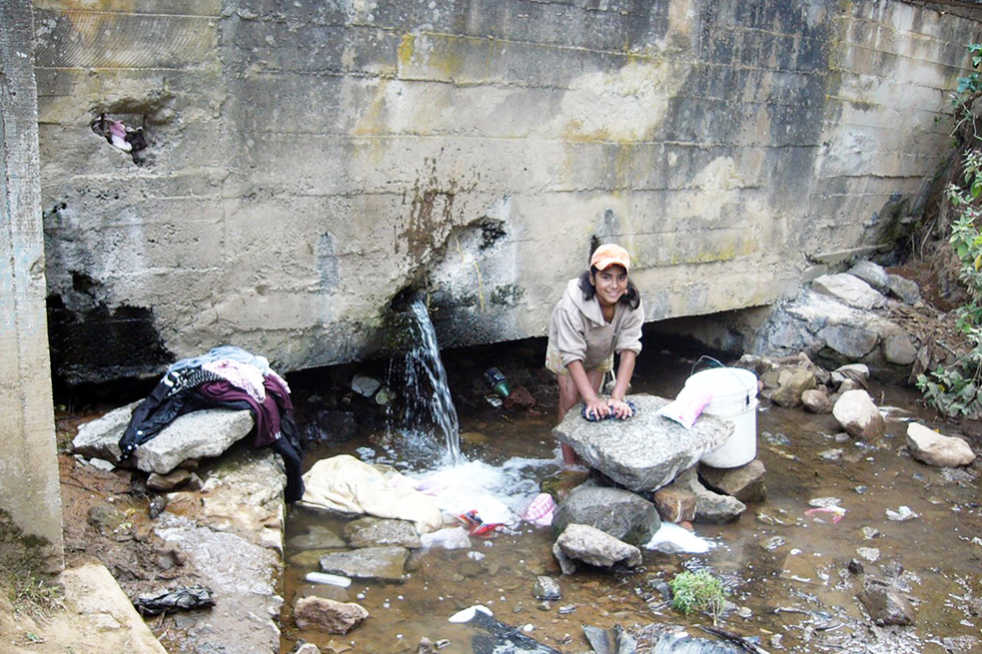Mexico City is sinking. Resting on an improperly managed aquifer, the city is gradually sinking into the Earth at a rate of around 3 feet a year. Along with the surrounding area that makes up the Valley of Mexico, Mexico City is the focus of the film “H2Omx.” The documentary explores the way this ancestral heartland of Mexico, which was the center of a number of pre-Columbian civilizations including the Toltecs and the Aztecs, is now struggling to bear the weight of its residents.
Looking through personal and population-based lenses, the film explores water mismanagement in Mexico’s largest city and issues a call to action to both the government and the general populace. If something is not done, the film warns, the city’s collapse is only one of a number of terrible water management issues that could jeopardize the infrastructure of Mexico’s capital and, by extension, the country itself.
As the film reveals, the issue lies in the city’s origins. The Spanish conquerors sought to defy Mother Nature by building Mexico City in the middle of a series of interconnected lakes that were gradually drained in order to prevent flooding.
The methods used by the historical invaders continue to be used today in order to maintain the city, but these methods are no longer sustainable as water levels fall and more and more land is subsidized to make room for the city’s rapidly rising population.
New urban neighborhoods require water to be pumped from hundreds of kilometers underground or shipped from far away. Vendors profit off the delivery of fresh water as the populace struggles to access a basic necessity
for survival.
The film attacks this idea from two fronts. Much of the content of the film is focused on an individual scale. Following a Hidalgo farmer, a water truck driver or a pair of design entrepreneurs working to introduce rain collection to impoverished communities, the documentary weaves a collective narrative for the city as it struggles for its lifeblood.
Water is universal, and the producers paradoxically highlight the global relevance by zooming in. Interspersed between these interviews and segments are stunning aerial shots of the city. The heavily polluted canal that weaves its way down the sprawling metropolis and the miles of concrete and tarmac that roll down the Mexican plateau create a remarkable juxtaposition that emphasizes how severe of a problem the city faces.
While solutions exist, they struggle to gain traction because of a collective lethargy from the government and populace. The film seeks to remedy this attitude by highlighting organizations like the Isla Urbana that are helping to install rainwater harvesting systems. Mexico City receives five months of rain a year, but a lack of resources and support makes it impossible for citizens to take advantage of it.
Other initiatives, such as those seeking to empower a local database of knowledge about water management, are also mentioned. However, it is made quite clear that the issue still exists on a massive scale; therefore, current efforts can only curb, rather than fix, the problem.
“H2Omx” is an intelligently constructed, thoroughly researched documentary that effectively explores a serious issue in a way that informs viewers. Without taking sides, it presents a compelling argument for action of any kind and emphasizes that the problem is one that has extensive repercussions for all of Mexico.
As the capital and center of much of the country’s commerce and industry, Mexico City’s problems are the country’s problems. As a whole, the film collectively functions less as a manifesto and more as a plea, depicting the struggle of a city and a people for water — a basic human right.
